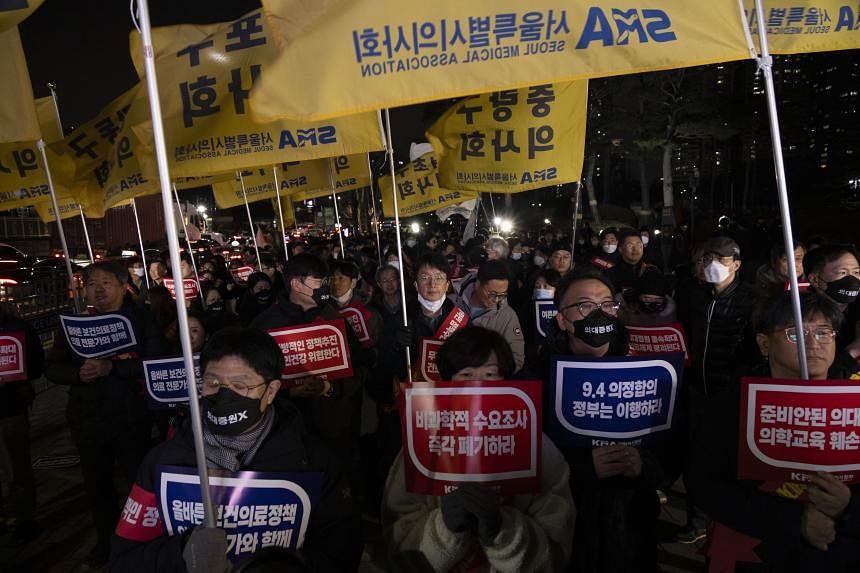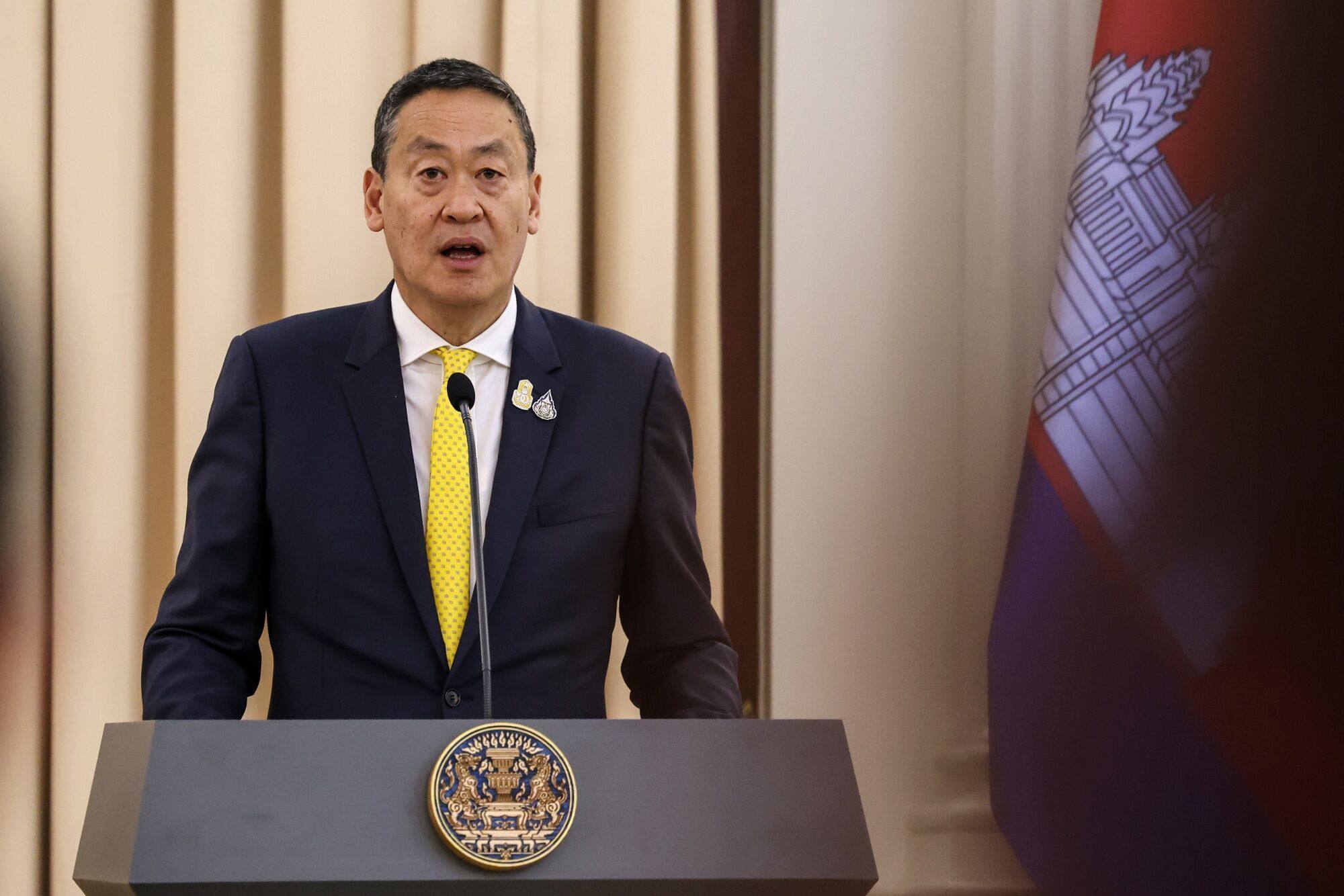
MON, 19 FEB, 2024 -
ASSOCIATED PRESS REPORTERS
Visits to the Eiffel Tower were disrupted on Monday because of a strike over poor financial management of the monument, which is one of the world’s most-visited sites.
The hugely popular 300-metre (984-foot) landmark in central Paris has seen soaring visitor numbers in the lead-up to the Summer Olympics in the French capital.
Tourists planning to visit the Eiffel Tower on Monday were warned of disruptions in multiple languages on the monument’s website. They advised visitors to check the website before heading to the monument or to postpone their visit.
The Eiffel Tower is typically open 365 days a year, but it is occasionally affected by strikes. In December, the monument was closed to visitors for an entire day during Christmas and New Year’s holidays because of a strike over contract negotiations.
Employees at the Eiffel Tower are on strike Monday to protest against the way the monument is managed financially. The strike has closed the tower for the second time in two months, and comes as Paris is getting ready to welcome millions of visitors for the Olympic Games.
Issued on: 19/02/2024 -

By:RFI
Ticket holders to Paris’s most famous landmark have been encouraged to postpone their visit, as the monument is closed Monday, after a strike closed it in December, on the centenary of Gustave Eiffel's death.
Several unions have criticised the tower’s operator, Sete, for its business model, which they say is based on an inflated estimate of future visitor numbers and an under-estimation of construction costs.
"Visitors might suffer, we are very sorry, but it is to guarantee the best quality for visitors for the future,” CGT union delegate Stéphane Dieu told France Info radio, about Monday's strike.
The city of Paris, which owns 99 percent of the operator, is raising the tower’s licencing fee from €16 million a year to €50 million a year.
Unions say that the budget cannot handle such an increase, especially after the drop in revenue during the Covid pandemic, when visitor numbers plunged.
Renovation
Numbers recovered – 5.9 million people visited the tower In 2022 – but not as high as the 7.4 million annual visitors projected as part of the original financial assessment.
Visitor numbers to Paris are expected to swell this summer as the French capital hosts the Olympic Games, but unions also warn that the monument is in need of renovation.
Work is ongoing to remove lead deposits, and the tower is being repainted, which happens every seven years.
In a joint statement, the CGT and FO unions called on the city of Paris "to be reasonable with their financial demands to ensure the survival of the monument and the company operating it".
(with AFP)













